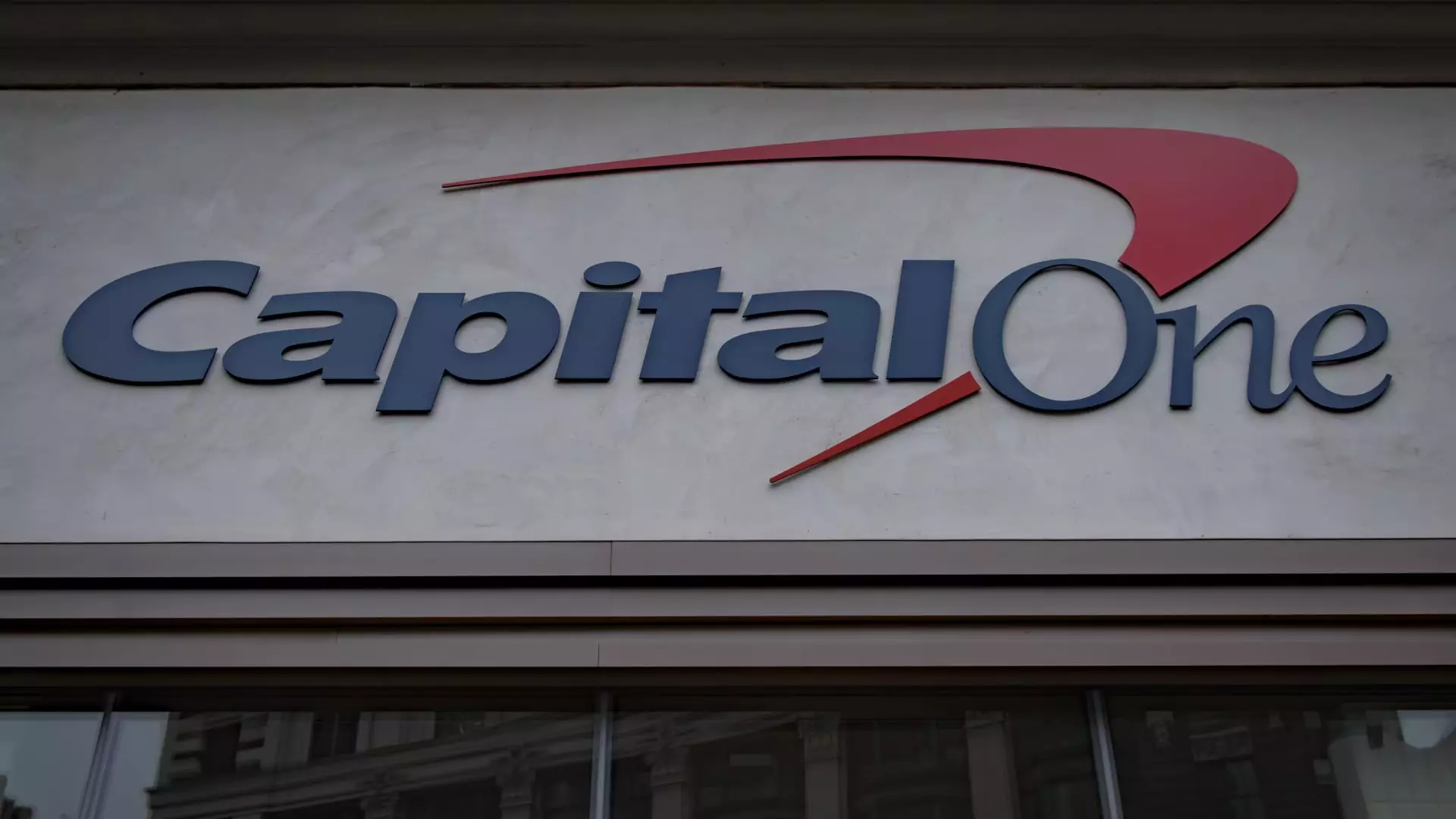In a monumental move for the financial services landscape, Capital One Financial has received the green light from both the Federal Reserve and the Office of the Comptroller of the Currency (OCC) to acquire Discover Financial Services in a staggering all-stock deal valued at $35.3 billion. This approval marks a significant milestone not only for the companies involved but also for the broader U.S. banking sector, potentially reshaping competitive dynamics in the credit card industry. Capital One’s foray into this merger, first announced back in February 2024, opens new avenues for growth and innovation, but it also raises questions about regulatory compliance and market consolidation.
Strategic Value and Competitive Edge
The decision from U.S. regulators reflects confidence in the intricate evaluation process based on financial stability, managerial capabilities, and the potential benefits for the communities served by the two financial giants. By acquiring Discover, Capital One is set to massively enhance its deposit base and diversify its credit card offerings. This merger not only consolidates their position in the market but creates a formidable competitor to established players. Holding a combined market share will allow the new entity to harness economies of scale, leading to improved efficiency and innovation in service delivery.
Mitigating Risks Amid Opportunity
However, the approval comes with its own set of strings attached, particularly concerning Discover’s past regulatory infractions. The Federal Reserve has imposed specific conditions for the deal, necessitating Capital One to address and remediate issues related to Discover’s overcharging of interchange fees, which resulted in a hefty $100 million fine. This aspect of the approval signifies a growing regulatory scrutiny over large financial institutions. While the proposition of acquiring Discover is undoubtedly strategic, it underscores how such expansions must also reconcile with ethical obligations and community trust.
The Shareholder Equation
Under the agreed terms, Discover’s shareholders will benefit from a substantial premium, receiving 1.0192 shares of Capital One for each Discover share they own, translating to a 26% increase from previous valuations. With Capital One shareholders expected to retain 60% ownership of the newly formed entity, it highlights a shared vision and mutual interest among the stakeholders. This reallocation of ownership stakes emphasizes the collaborative potential within the merger, aiming for a cohesive integration rather than a disconnected assimilation.
Future Implications: A New Banking Paradigm?
Scheduled to be finalized on May 18, this merger not only signals a new phase for Capital One and Discover but may also set a precedent for future mergers and acquisitions in the banking sector. As institutions grapple with the need for competitive agility and regulatory compliance, Capital One’s bold move might inspire a wave of similar unions, potentially leading to a ripple effect throughout the financial industry. The landscape of banking is on the cusp of transformation, and savvy stakeholders will be watching to see how this deal will influence consumer choice, financial products, and the overall market structure moving forward.

